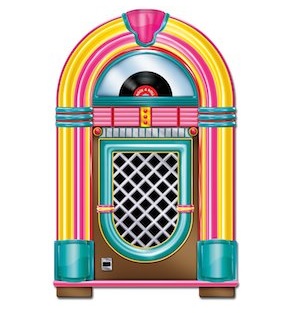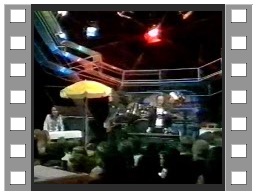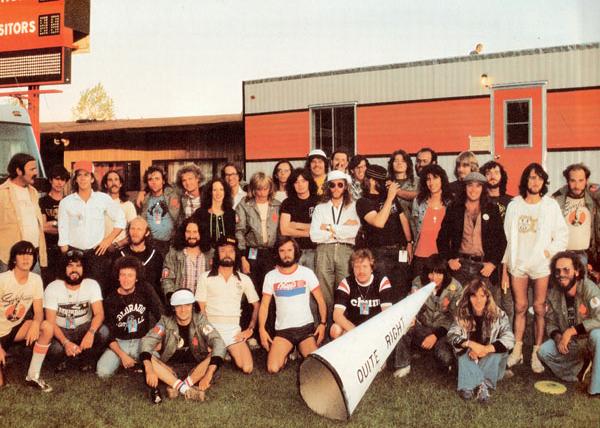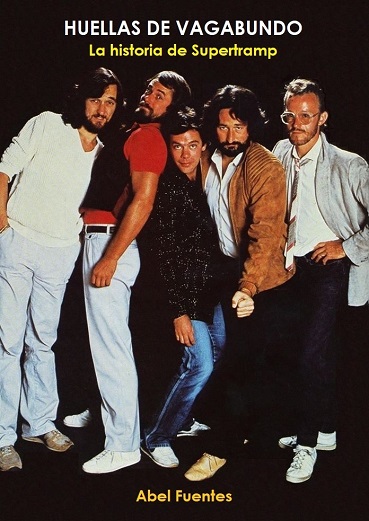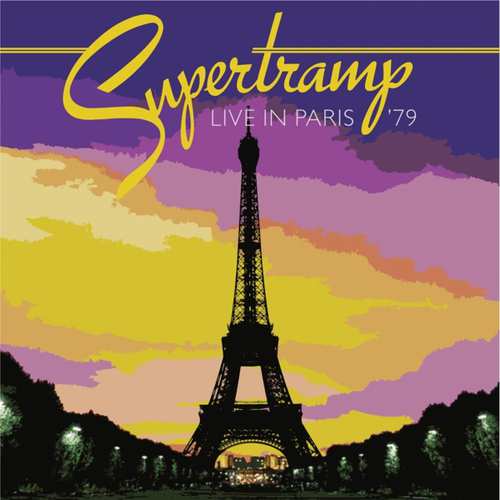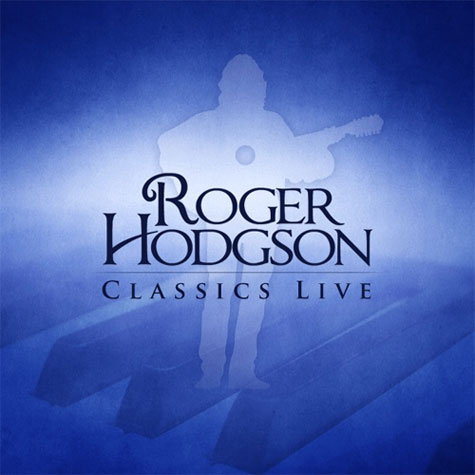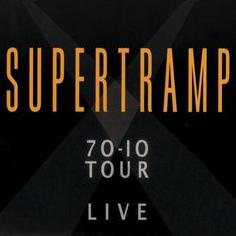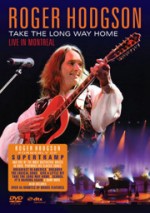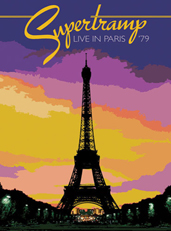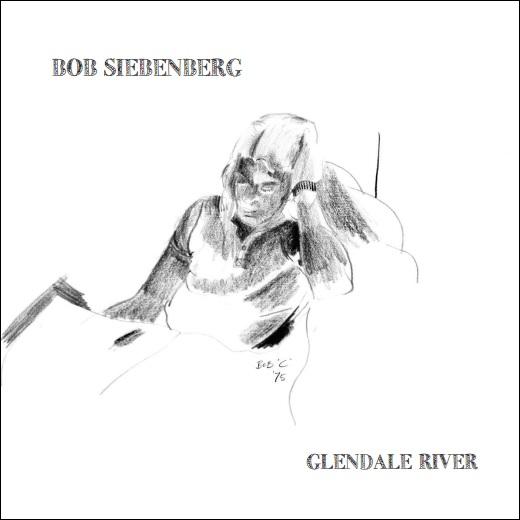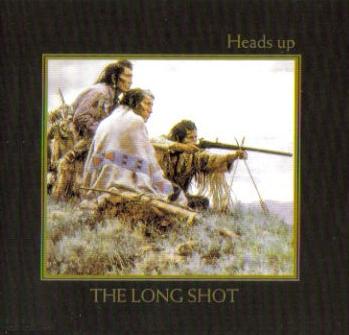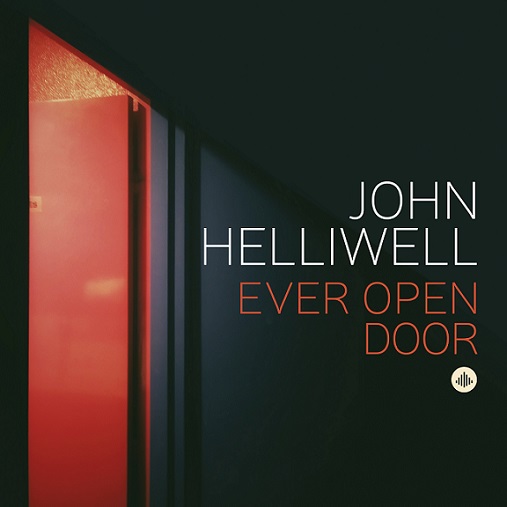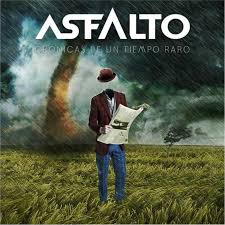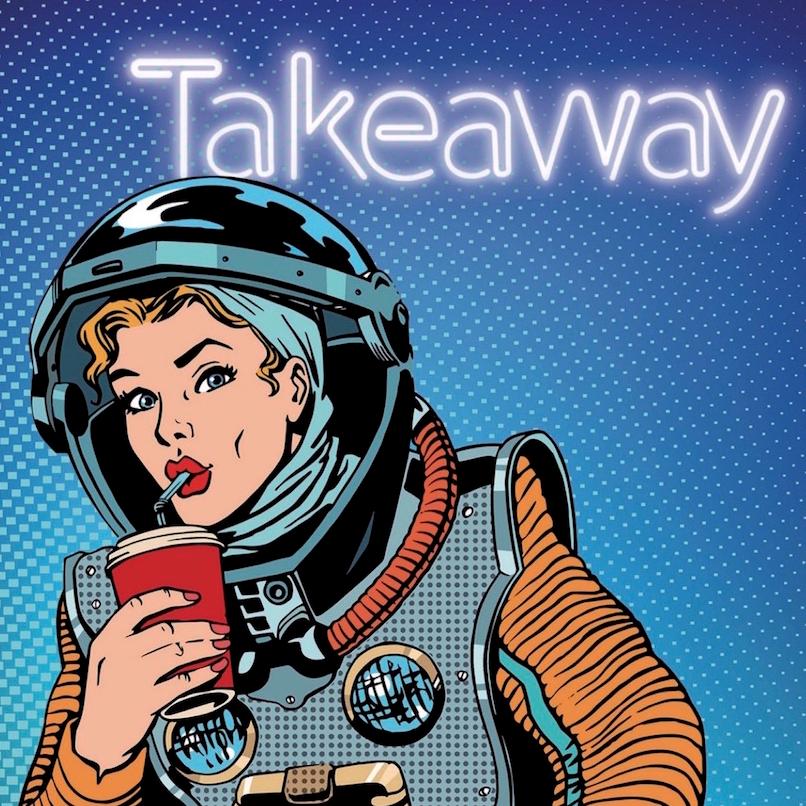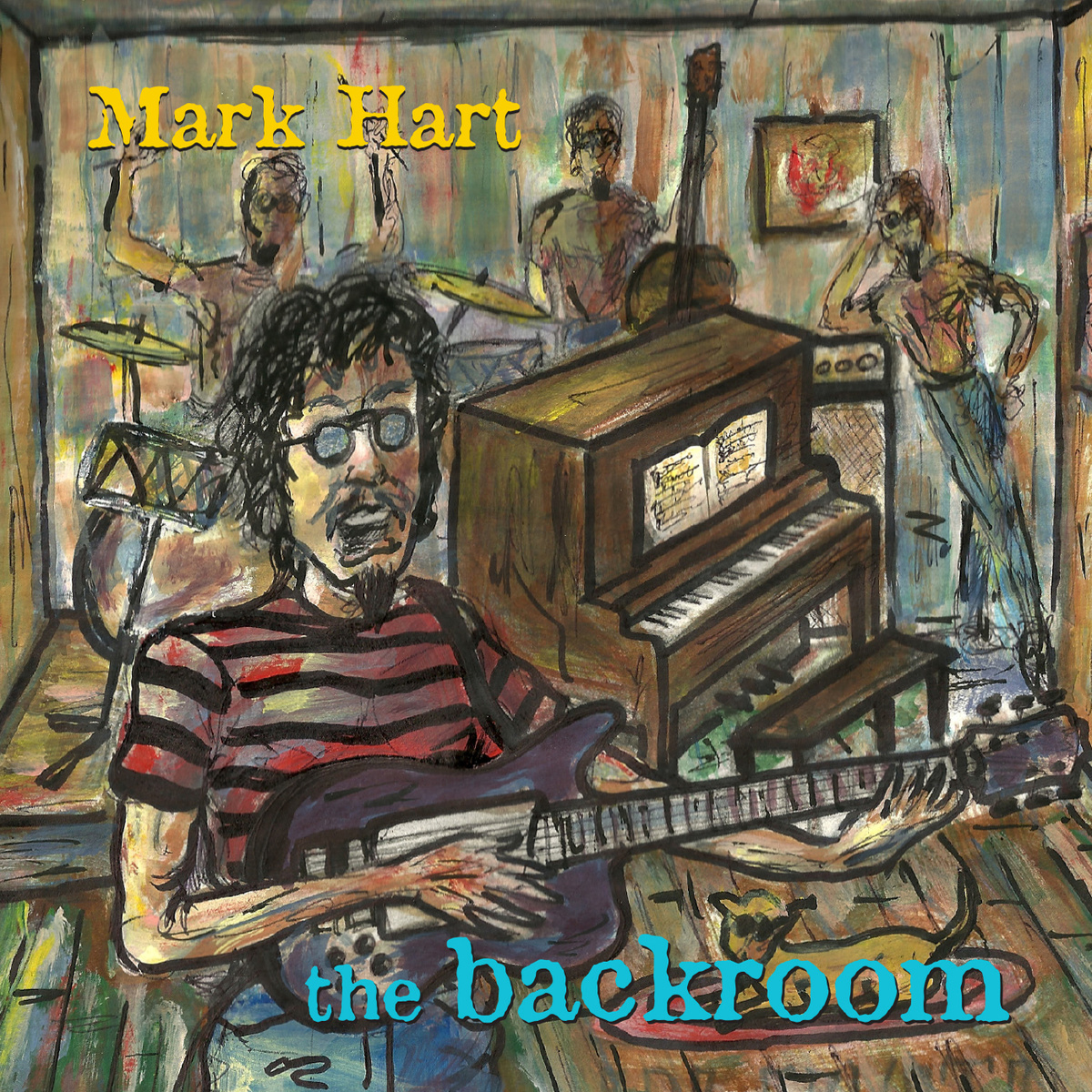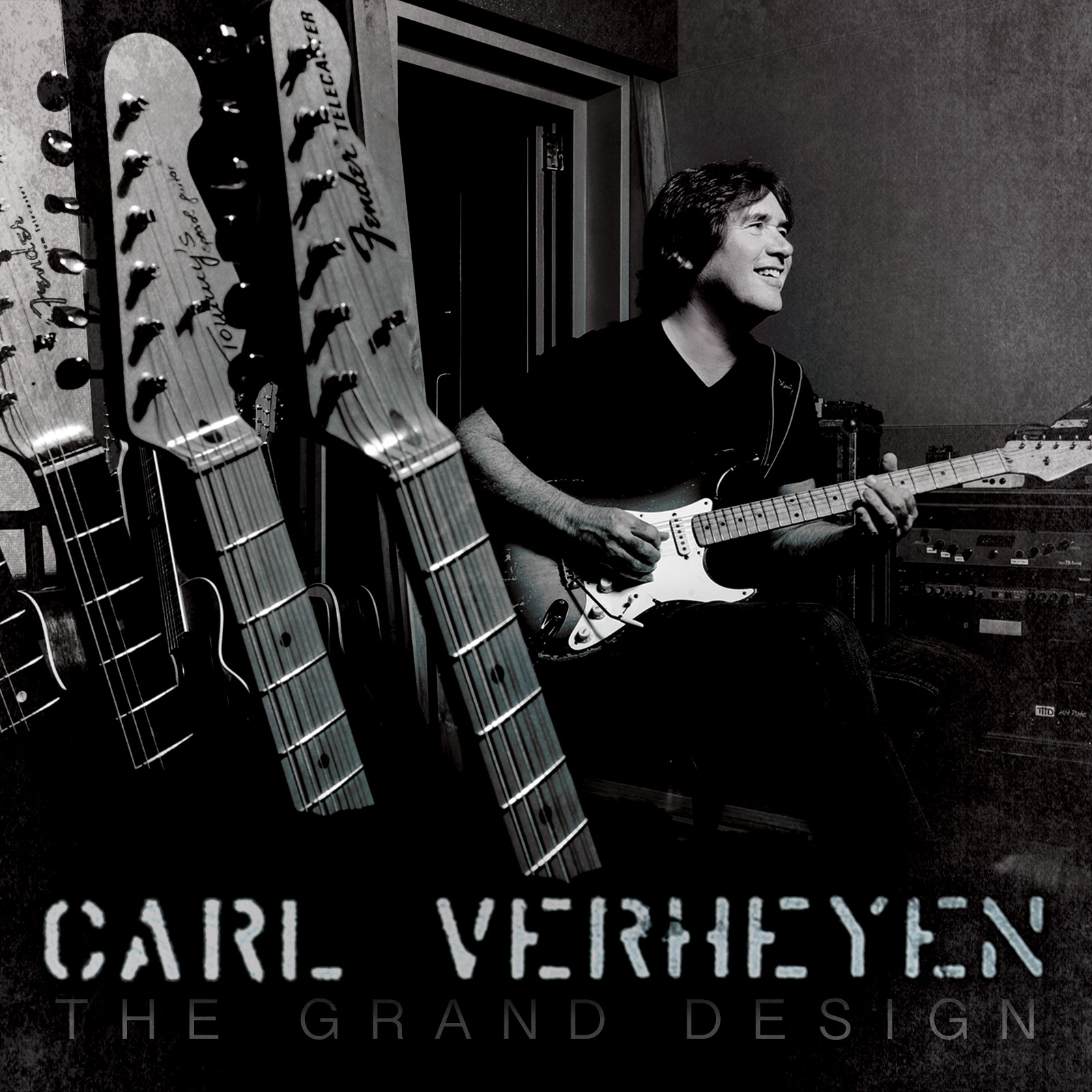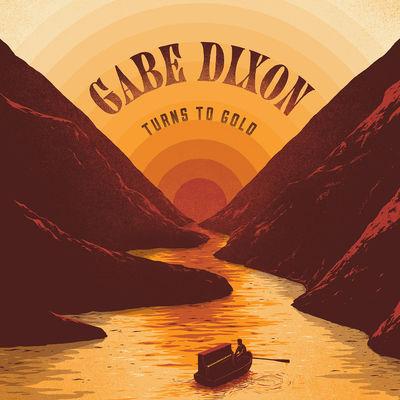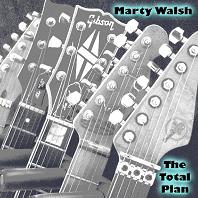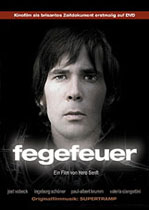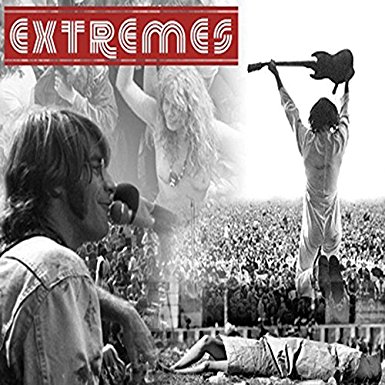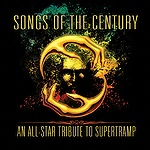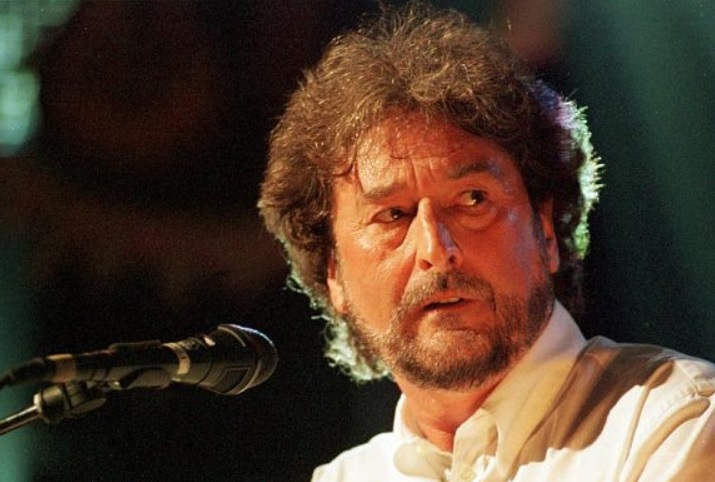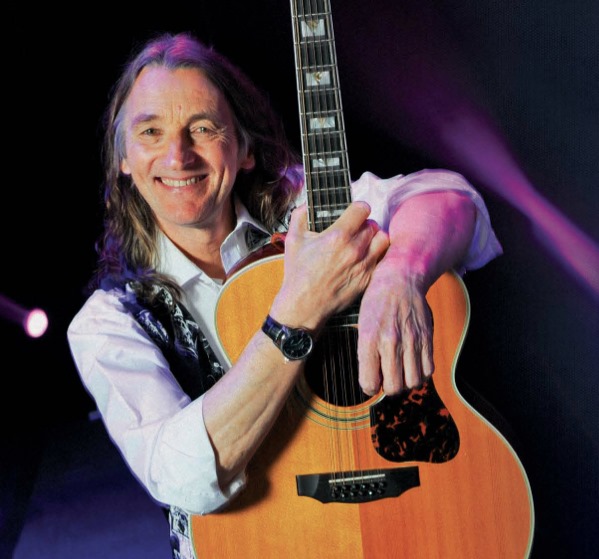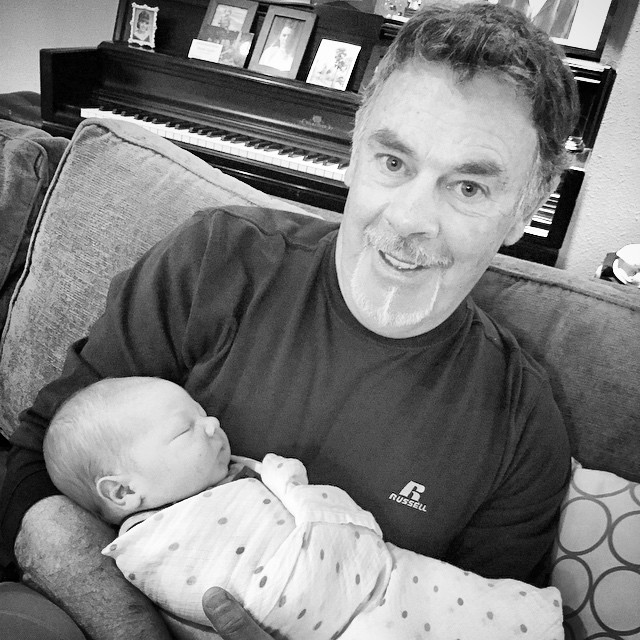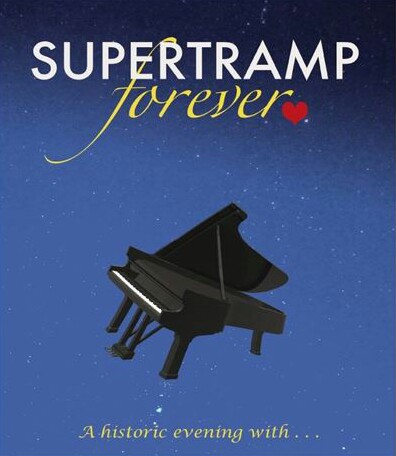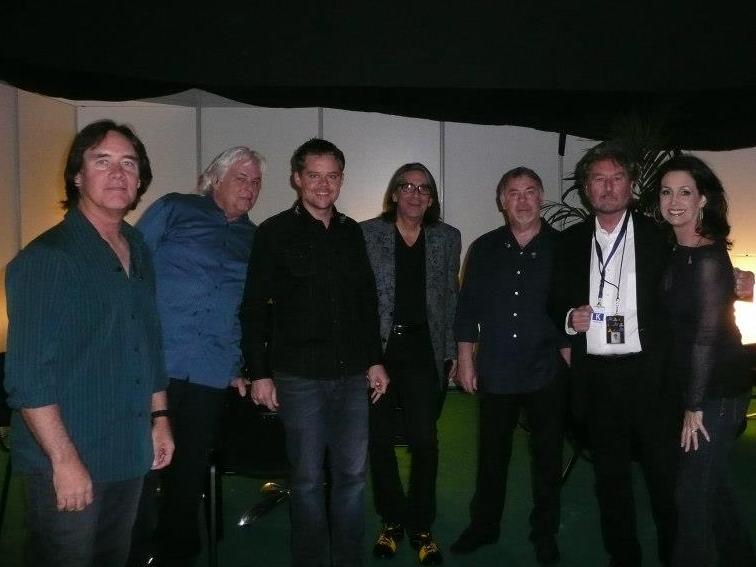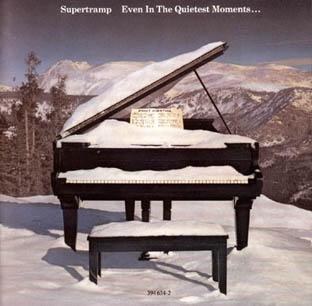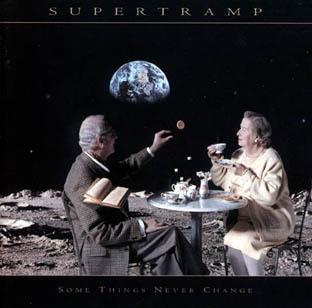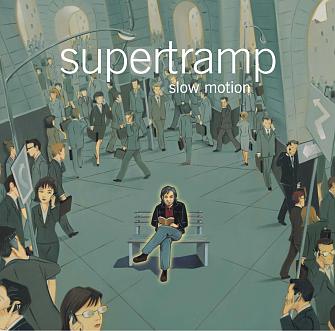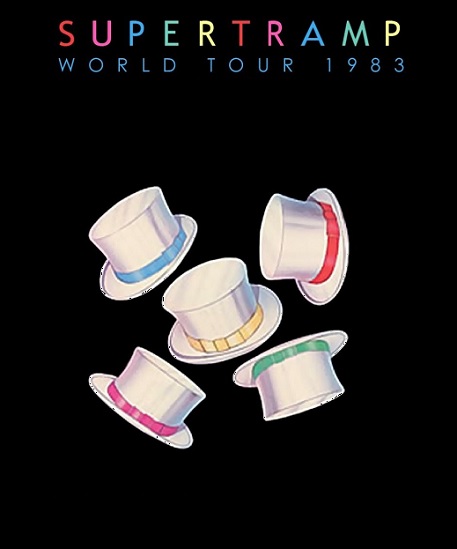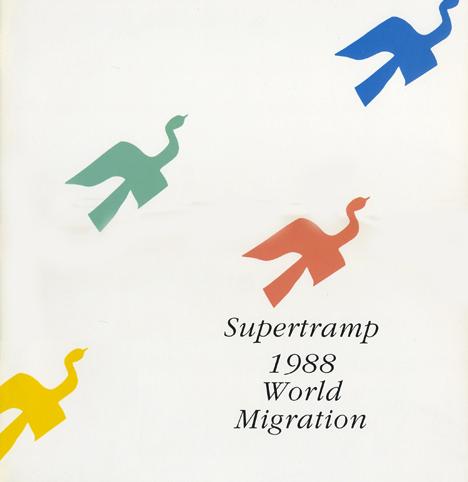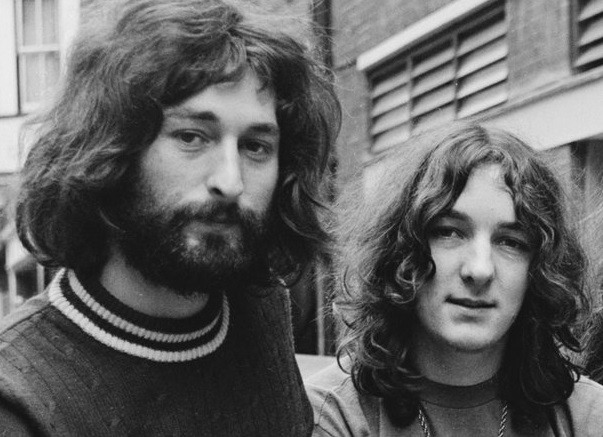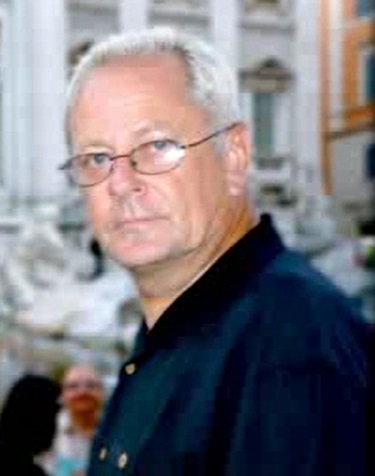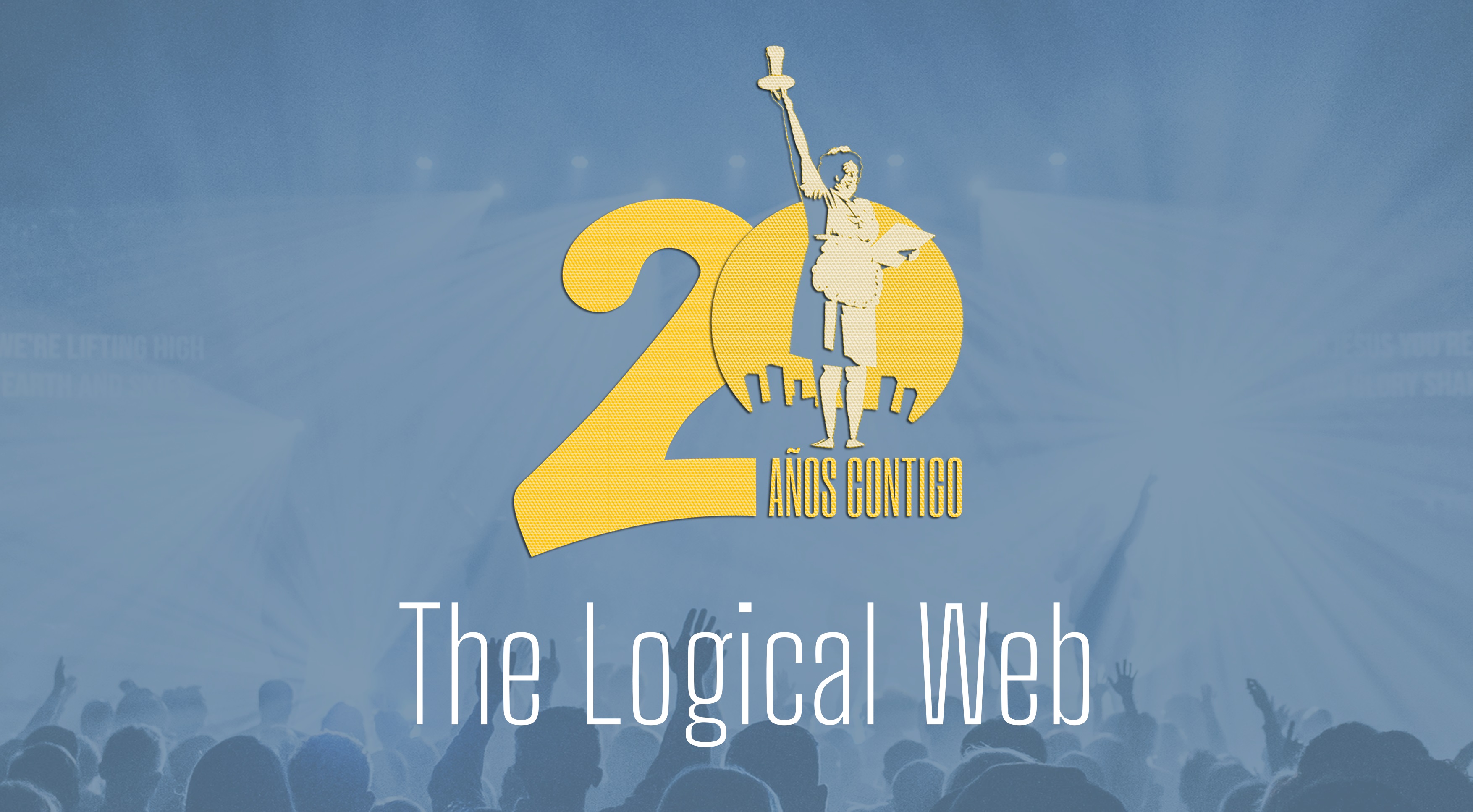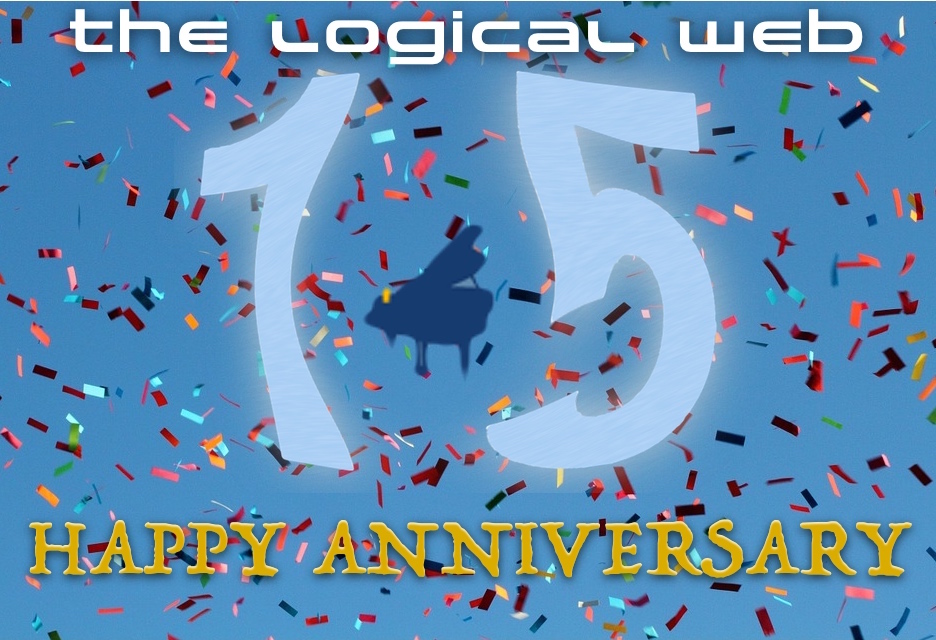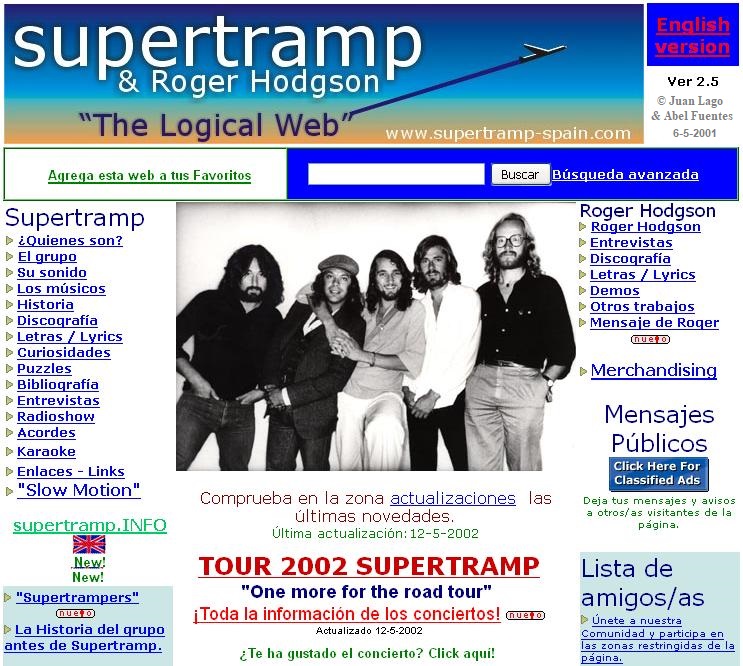Con ocasión del 20º aniversario de THE LOGICAL WEB, y después de haber recibido el vídeo con mensajes de felicitación de sus fans por su 70º cumpleaños, el mítico bajista de Supertramp respondió a las preguntas enviadas por algunos de ellos a través de la página.
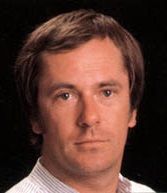
TLW: Muchas gracias por esta entrevista con preguntas de los fans… ¿Te gustó el vídeo con sus mensajes de cumpleaños?
DOUGIE: Me encantó mi vídeo de cumpleaños, fue realmente fantástico… Muchas gracias por vuestro gran trabajo al montarlo. A mi familia también le encantó.
TLW: ¿Qué opinión te merece que 33 años después de haber dejado de tocar con Supertramp los fans todavía se acuerden tanto de ti?
DOUGIE: Fue abrumador ver ese aprecio hacia mi persona después de todo este tiempo, y las fotos me trajeron muchos recuerdos.
TLW: ¿Quiénes son tus bajistas favoritos, esos que te influyeron más?
DOUGIE: Siempre he admirado al gran Paul McCartney, por supuesto. Pero para mí el más destacado, a quien además tuve la suerte de conocer y pasar algún tiempo con él, es el difunto Jaco Pastorius, cuya época en Weather Report fue especialmente impresionante. Os recomiendo escuchar el tema instrumental "Teen Town", en el que también toca la batería.
TLW: Cuando entraste en Supertramp en 1972 empezaste a ejercer muchos roles aparte de lo musical, como el de contable y ‘manager’… ¿Te resultó muy difícil?
DOUGIE: Siempre me gustó ocuparme de todos esos aspectos de la banda y, evidentemente, si por aquel entonces no me hubiera encargado yo de ello nadie más lo habría hecho.
TLW: ¿Fue para ti una alegría que el grupo triunfara y desde entonces solo tuvieras que dedicarte a tocar el bajo?
DOUGIE: Yo siempre estuve envuelto en ese tipo de tareas y, por supuesto, esos conocimientos me resultaron muy útiles cuando dejé la banda y pasé muchos años trabajando en el negocio de la música.
TLW: Habiendo sido Roger Hodgson y Rick Davies bajista y batería respectivamente, ¿solían deciros a ti o a Bob Siebenberg cómo tocar vuestras líneas de bajo o batería en sus canciones o las tocabais a vuestro libre albedrío? ¿Preparabas tus líneas de bajo trabajando de forma conjunta con Bob?
DOUGIE: En algunas canciones, tanto Rick como Roger tenían ideas bastante definidas respecto a cómo querían que fueran las cosas, y en otras ocasiones nos poníamos a improvisar sobre las canciones y Bob y yo trabajábamos juntos en algunas ideas.
TLW: Cuando tocabas el bajo con Supertramp, ¿cuándo y por qué utilizabas una púa o simplemente los dedos?
DOUGIE: Iba cambiando de una opción a otra, dependiendo de lo que fuera mejor para cada canción.
TLW: ¿Nunca te gustaron algunas técnicas peculiares como el “slap bass”?
DOUGIE: No, nunca me sentí atraído por el estilo “slap”. No se ajustaba bien a la música.
TLW: En 1978 tocaste (junto a Bob Siebenberg y John Helliwell) en el álbum "The Old Pals Act" de Peter Bennett... ¿Es esa la única grabación oficial en la que has trabajado al margen de Supertramp?
DOUGIE: Sí, creo que es correcto.
TLW: ¿Qué líneas de bajo de Supertramp son tus favoritas, en términos de composición, dificultad o placer al tocarlas?
DOUGIE: Es difícil elegir favoritas… Hubo un montón de grandes canciones, aunque me gusta mucho “School”.
TLW: En la canción “Cannonball” del álbum “Brother Where You Bound” tu bajo suena realmente sofisticado y diferente, e incluso parece que hay una especie de pequeña guitarra doblándolo… ¿Cómo grabaste esa canción?
DOUGIE: En “Cannonball” Rick tocó un bajo sintetizado, y después yo me hice con un bajo especial para tocar la canción en directo.
TLW: En 1985 Supertramp fue uno de los grupos invitados para actuar en el “Live Aid”, pero el equipo de representación de la banda desestimó esa posibilidad… ¿Sabes cuál fue el motivo? ¿No crees que habría sido una excelente oportunidad no solo para tocar en un evento benéfico sino también para presentar oficialmente a la nueva banda sin Roger Hodgson?
DOUGIE: Personalmente no recuerdo nada sobre aquello… Por entonces todo lo que rodeaba al ‘management’ de Supertramp era un auténtico desastre y esa fue la principal razón por la que acabé dejando la banda.
TLW: En el álbum “Free As a Bird” tu bajo tiene mucho protagonismo y suena muy presente, con un estilo casi de rock progresivo, y en el vídeo de esa canción apareces tocando un Status… ¿Es ese el bajo que utilizaste para grabarla?
DOUGIE: Me parece que en esa grabación toqué con una púa y creo que era un bajo Yamaha.
TLW: ¿Cuál es tu disco favorito de Supertramp y por qué?
DOUGIE: Me encanta “Crime of the Century”, ya que fue una experiencia completamente nueva para todos nosotros, y también “Breakfast in America” porque la combinación de canciones fue muy completa.
TLW: ¿Cuáles son tu mejor y tu peor recuerdo de tu época en la banda?
DOUGIE: Hay demasiados recuerdos buenos para quedarme solo con uno. No me gustó cómo fueron las cosas después de que Roger se marchase, y la última gira que hice con Supertramp fue la peor. Mirándolo en retrospectiva, debería haber dejado el grupo antes.
TLW: ¿Nunca has echado de menos tocar con una banda o con otros músicos desde que dejaste de trabajar con Supertramp en 1988? ¿Te has arrepentido alguna vez de abandonar el grupo?
DOUGIE: La verdad es que no. He llevado una vida plena después de salir de Supertramp y pasé grandes años navegando y participando en competiciones de vela por todo el mundo, cumpliendo así otro de mis sueños de la infancia.
TLW: ¿Has estado alguna vez dispuesto a volver a unirte a la banda? ¿Volverías a tocar con ellos si hubiera una reunión de la formación clásica?
DOUGIE: No lo creo. Mis primeros diez años en Supertramp fueron realmente geniales, pero creo que después pasaron demasiadas cosas negativas y eso haría muy difícil poder volver atrás. Es mejor quedarse con los recuerdos de los buenos tiempos.
TLW: ¿Has escuchado los dos discos de estudio que publicó Supertramp después de tu salida, “Some Things Never Change” y “Slow Motion”? ¿Qué opinión te merecen esas grabaciones? ¿Y los discos en solitario de Roger Hodgson?
DOUGIE: No presté mucha atención a ninguno de esos discos posteriores. No escuché en ellos ninguna canción que estuviera a la altura de las que hacía banda original.
TLW: ¿Has asistido a algún concierto de Supertramp tras haber abandonado el grupo? ¿Qué piensas sobre las giras que hizo la banda en 1997, 2002 y 2010?
DOUGIE: No he tenido ningún interés en ir a ver Supertramp. En estos últimos años he hablado con varios amigos que sí asistieron a algún concierto, pero ninguno de ellos tenía nada bueno que contar al respecto.
TLW: ¿Conoces a Cliff Hugo, el bajista que te sustituyó en Supertramp? ¿Qué opinas sobre su trabajo con el grupo?
DOUGIE: Nunca he coincidido con él ni le he oído tocar, así que no tengo ninguna opinión sobre él.
TLW: Todos los fans están muy agradecidos a la Sociedad Supertramp por haber publicado algunas cosas tan interesantes como el DVD de París o las ediciones 'deluxe' de “Breakast” y “Crime”… ¿Hay alguna posibilidad de que en el futuro se publiquen otros DVDs como los del Hammersmith Odeon 1975, Tokio 1976, Queen Mary College 1977, Munich 1983 o Toronto 1983?
DOUGIE: Siempre estoy abierto a cualquier idea, pero hay muy poca comunicación respecto a estos temas.
TLW: Sabemos que estás en contacto permanente con John Helliwell, Bob Siebenberg y el antiguo ‘manager’ Dave Maregereson… ¿Hablas también con Roger Hodgson y con Rick Davies de vez en cuando?
DOUGIE: Hablo continuamente con Dave, con John y con Bob, pero nunca con los otros.
TLW: Russel Pope, el legendario ingeniero de sonido en directo de Supertramp, falleció hace algunos años… ¿Cómo era tu relación con él? ¿Qué destacarías de sus numerosas contribuciones a Supertramp entre 1970 y 1983?
DOUGIE: Me entristeció mucho conocer la noticia de su muerte. Russel tuvo una gran parte de responsabilidad en el éxito de Supertramp, y durante un tiempo él y yo trabajamos muy estrechamente en muchas cosas.
TLW: ¿Sigues siendo el representante de Disturbed? ¿Cuánto ha afectado esta pandemia mundial a tu trabajo?
DOUGIE: Aunque todavía sigo siendo un gran amigo de todos los miembros de Disturbed, me retiré un par de años antes de que llegara la pandemia. Así que dejé de trabajar con ellos, pero aun así a veces seguía disfrutando de pasar algunos días en la carretera con ellos. Sé que ahora están muy frustrados por no poder salir de gira. Quién sabe lo que deparará el futuro...
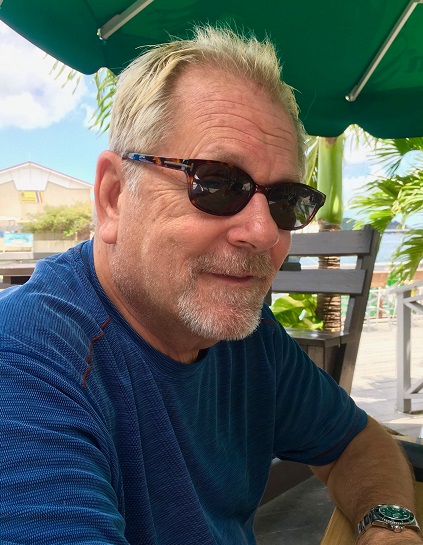
Una imagen reciente de Dougie, ya retirado del mundo de la música.
On the occasion of the 20th anniversary of THE LOGICAL WEB, and having received the video with congratulatory messages from his fans for his 70th birthday, Supertramp's legendary bassist answered the questions sent by some of them through the site.
TLW: Many thanks for this interview with questions from your fans… Did you like the video with their birthday greetings?
DOUGIE: I absolutely loved my birthday video, this was really fantastic… Thank you so much for all your efforts in putting it together. My family loved it too.
TLW: What do you think about how much they still remember you even though you stopped playing with Supertramp 33 years ago?
DOUGIE: It was overwhelming to see the appreciation after all this time, and the photos brought to many memories.
TLW: Who are your favourite bass players, those ones that influenced you the most?
DOUGIE: I have always admired the great Paul McCartney, of course. But the one who stands out the most who I had the fortune to meet and spend time with was the late Jaco Pastorius, whose time with Weather Report was especially outstanding. Listen to the instrumental “Teen Town”, on which he plays drums as well.
TLW: When you joined Supertramp in 1972 you started playing many roles apart from music, like accountant and manager… How difficult was it for you?
DOUGIE: I always enjoyed all those aspects of the band and, of course, at that time if I didn’t do it, it would never have been done.
TLW: Were you happy when the band succeed and you only had to play bass?
DOUGIE: I continued to stay involved even when I was playing and, of course, it came in handy when I left the band and spent a long time on the business side of music.
TLW: Did Roger Hodgson or Rick Davies, having been a bassist and a drummer respectively, use to say you or Bob Siebenberg how to play your bass lines on their songs or did you play it your way? Did you make your bass lines working with Bob on the bass drum?
DOUGIE: On some songs both Rick and Roger had pretty definite ideas on how they wanted things to go, and at other times we would jam on the songs and Bob and I would work together on ideas.
TLW: While playing bass with Supertramp, when and why did you use a pick or just the fingers?
DOUGIE: I would change around depending on what was best for the song.
TLW: Did you never like some peculiar techniques like the “slap bass”?
DOUGIE: I never really embraced the “slap” style, it never fit the music.
TLW: In 1978 you played (as well as Bob Siebenberg and John Helliwell) on the album "The Old Pals Act" by Peter Bennett... Is this the only official recording you have worked on apart from Supertramp?
DOUGIE: Yes, I think you are correct.
TLW: Which supertramp bass lines are your favourites, in terms of composition, difficulty or enjoyment playing it?
DOUGIE: It’s hard to pick favorites… There were so many great songs, although I do really like “School”.
TLW: On the song “Cannonball” from the album “Brother Where You Bound” your bass sounds really sophisticated and different, and it even seems that there is a kind of little guitar doubling it… How did you record this song?
DOUGIE: Rick played a synth bass on “Cannonball”, and then I came up with a special bass to perform the song live.
TLW: In 1985 Supertramp was offered to play in the “Live Aid”, but the band’s management refused the proposal… Do you know what was the reason for that? Don’t you think it was an excellent chance not only to perform in a charity event but also to introduce the new group without Roger Hodgson?
DOUGIE: I personally don’t remember that taking place… The whole management situation was a mess and that is the main reason I finally left the band.
TLW: On the album “Free As a Bird” your bass has much prominence, sounding very present, almost like a progressive rock style, and on the video of this song you are playing a Status… Is that the bass you used to record it?
DOUGIE: I think I played with a pick and I believe it was a Yamaha bass.
TLW: What is your favourite Supertramp album and why?
DOUGIE: I love “Crime of the Century” since it was a whole new experience for all of us, and “Breakfast in America” because it was a very complete combination of songs.
TLW: What are your best and worst memories from your time in the band?
DOUGIE: There are too many good memories to pick just one. I did not enjoy things after Roger left, and the last tour I did was the worst. In hindsight, I should have left before.
TLW: Have you ever missed playing with a band or with other musicians since you stopped playing with Supertramp in 1988? Have you ever regretted leaving Supertramp?
DOUGIE: Not really. I lead a very full life after Supertramp and spent some great years sailing and racing sailboats all over the world, fulfilling another of my childhood dreams.
TLW: Were you ready to rejoin the band at any time? Would you play again with them if there was a reunion of the classic lineup?
DOUGIE: I don’t think so. The first ten years were really great, but I think too many negative things happened after that which would have made it very difficult to go back. Better to stay with the memories of the good times.
TLW: Have you ever listened to the two studio albums Supertramp released after you left the band, “Some Things Never Change” and “Slow Motion”? What is your opinion about those recordings? And what about the solo albums by Roger Hodgson?
DOUGIE: I didn’t pay much attention to any of the later records. I didn’t hear any songs that were up to par with the original band.
TLW: Have you attended any Supertramp concert after you left the band? What do you think about the tours the band did in 1997, 2002 and 2010?
DOUGIE: I had no interest in going to see Supertramp. In the last few years I spoke to friends who went, but nobody had anything good to say.
TLW: Do you know Cliff Hugo, the bassist who replaced you in Supertramp? What is your opinion about the work he did?
DOUGIE: I have never met him or heard him play, so I have no opinion.
TLW: All the fans are grateful to The Supertramp Partnership for releasing some great stuff like the "Paris" DVD or the "Breakfast" and "Crime" deluxe packages... Is there any chance to release in the future some other stuff like the DVDs of Hammersmith Odeon 1975, Tokyo 1976, London Queen Mary 1977, Munich 1983 or Toronto 1983?
DOUGIE: I am always open to ideas, but communication is pretty poor.
TLW: We know you are in permanent contact with John Helliwell, Bob Siebenberg and manager Dave Maregereson… Do you also speak to Roger Hodgson and Rick Davies from time to time?
DOUGIE: I talk to Dave, John and Bob all the time, but never to the others.
TLW: Supertramp’s legendary live sound engineer Russel Pope passed away a few years ago… How was your relationship with him? What do you highlight from his many contributions to Supertramp from 1970 to 1983?
DOUGIE: I was very sad to hear that Russel had passed. He had a huge part in the early success, and he and I for the most part work closely on a lot of things.
TLW: Are you still the manager of Disturbed? How much has affected this world pandemic to your work?
DOUGIE: Although I am still great friends with all of them, I retired a couple of years before the pandemic came along. I know they are very frustrated at not being able to tour. Although I stopped working with them, I still enjoyed a few days on the road with them. Who knows what the future holds…
A recent photograph of Dougie, now retired from the music world.

